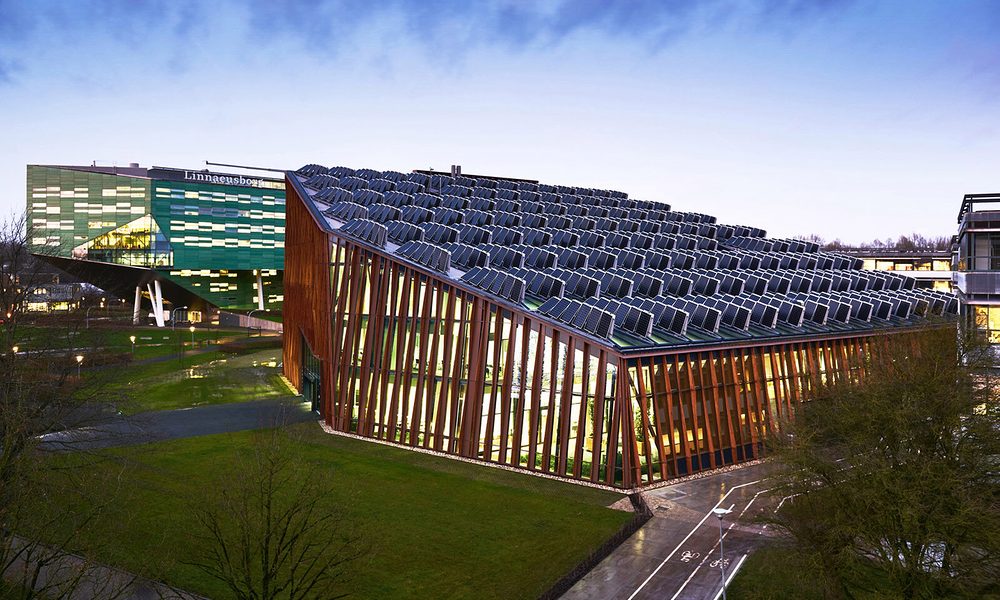
The professorship Communication, Behaviour and the Sustainable Society examines how communication sciences provide a lens to interpret (often hidden) values of societies in transition. Technological innovations, economic changes, political movements, climate fluctuations and other changing conditions often influence the values and ethical frames of social communities. The work of the research group is based on the idea that societal changes are reflected in the conversations about them. The issue of how these values and frameworks are formulated in interaction is therefore urgent.
Conversations
Generally speaking, for innovations that are not accepted on the basis of their content it is difficult to achieve acceptance at later stages, even with complex measures and expensive brochures. Influence through communication only makes sense if this is echoed in the conversations that people engage in together. If there is no further talk about the message, there will probably also be reduced effects. New knowledge is needed on the strength and shape of (on- and offline) conversations between different groups in society about the important discursive dilemmas that arise in transitions.
Professional Practice
Government-based communication advisors indicate having insufficient knowledge and tools in order to independently provide the professional field with applied scientific insights from a communicative approach. They lack an action-oriented communicative perspective in the sense of knowledge and hands-on tools. The professional questions and needs, combined with state-of- the-art knowledge, are translated in the SusLab into the following overarching research question:
How can communication be effectively shaped for sustainable transitions in societies?
The professorship sees everyday conversations between people as a source for analysis and possibly also as a source for change. New scientific insights and knowledge based on empirical cases and best- practice examples shall enable the communication professionals to perform rapid analyses and anticipate citizens' concerns in transitions.
Innovative knowledge
The research group is scientifically innovative since the macro perspective of transition is connected to the micro scientific perspective of the discursive psychology. In SusLab we map conversations (often using a Big Data approach) and use then solid quantitative and qualitative methodologies to reduce them to manageable proportions. On the one hand, this makes it possible to analyse large volumes of data (width) and, on the other, it also allows in-depth analysis of particular statements. This creates understanding of the broader debate, while also examining its deeper elements. In our view, this new method leads to a much better understanding of the broad tone and tenor of the debate on transition and a deeper understanding of how people express their concerns.
Feedback component
How satisfied are you with the information on this page?